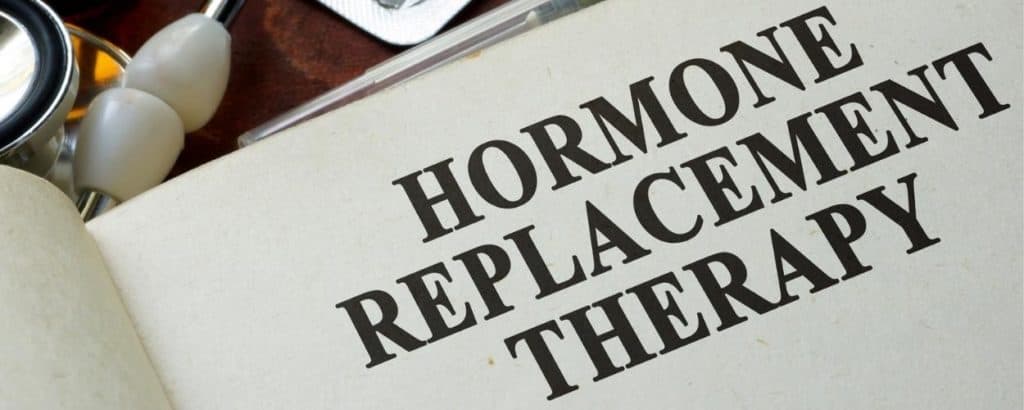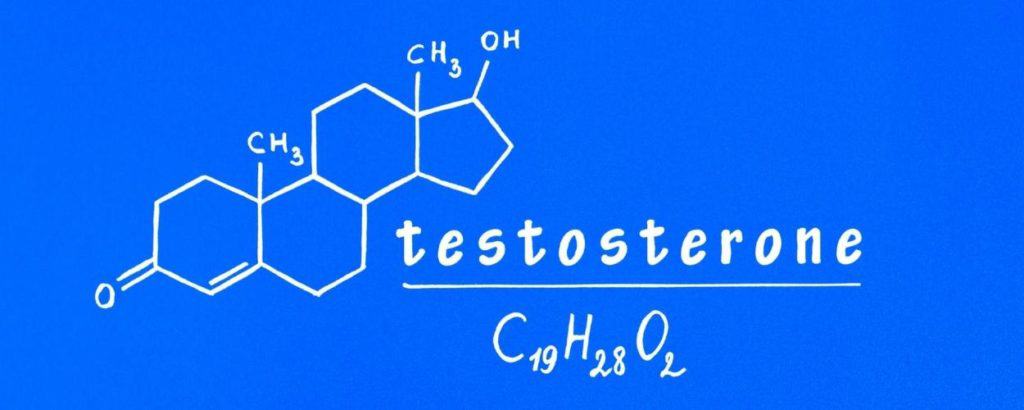
testosterone replacement therapy
testosterone replacement therapy
Always choose the provider and clinic most concerned with your overall health.
Be bold and ask hard questions; why are specific tests and treatments required or anything that will help you understand your diagnosis? Generally, when you know the "why" of your treatment, it is most likely that you will follow the treatment plan.
It is important to evaluate the effects of testosterone replacement therapy on mental well-being. It is becoming more clear that testosterone levels have an impact on mental health, including depression, anxiety, and overall well being. There is increasing evidence that testosterone replacement therapy may be able to improve mental health symptoms. Researchers are now interested in the potential mental health benefits of testosterone replacement therapy. Many clinical studies have been done to assess the safety and effectiveness of testosterone replacement therapy in improving mental wellbeing. These studies yield mixed results. Some have shown that testosterone replacement therapy can improve symptoms of mental disorders, while others have not seen a significant improvement. It is therefore important to continue studying the impact of testosterone replacement therapy on mental health outcomes. Before starting any testosterone replacement therapy, it is important that you consider the possible risks and your overall health.




